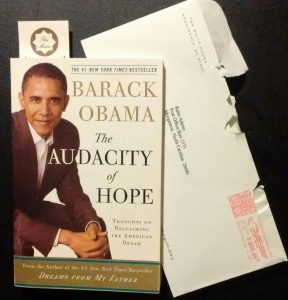
By RAHN ADAMS
For various reasons I’ve been thinking about mortality lately—you know, about life and death.

Maybe it was from sitting in the sound booth last week during my church’s Ash Wednesday service and listening to our minister murmur, “Remember that you are dust, and to dust you shall return,” time after time after time through my headphones as he marked gray X’s on congregants’ foreheads. Each of them heard that mantra only once; I heard it about a hundred times—over and over and over. But I’m OK.
Ash Wednesday—or, more popularly in some circles, the day after Mardi Gras—is the start of Lent, the 40 days not counting Sundays when many Christians including us Methodists observe the last days of Jesus’ life before his death and resurrection on the first Easter Sunday morning 2,000 years ago. What Did Jesus Do? He lived. He died. He lives again. It’s a good story, maybe even the greatest ever told.
Yes, yes. I see your hand raised and hear your, “But … but …,” and I know that everything is debatable nowadays, that we even argue about the price of butter in Japan, and that now we have to worry about fake news and alternative facts, and about what he tweeted and what she said and what they posted, and about who really believes anything anymore. And then there’s Hollywood. Don’t get me started.










